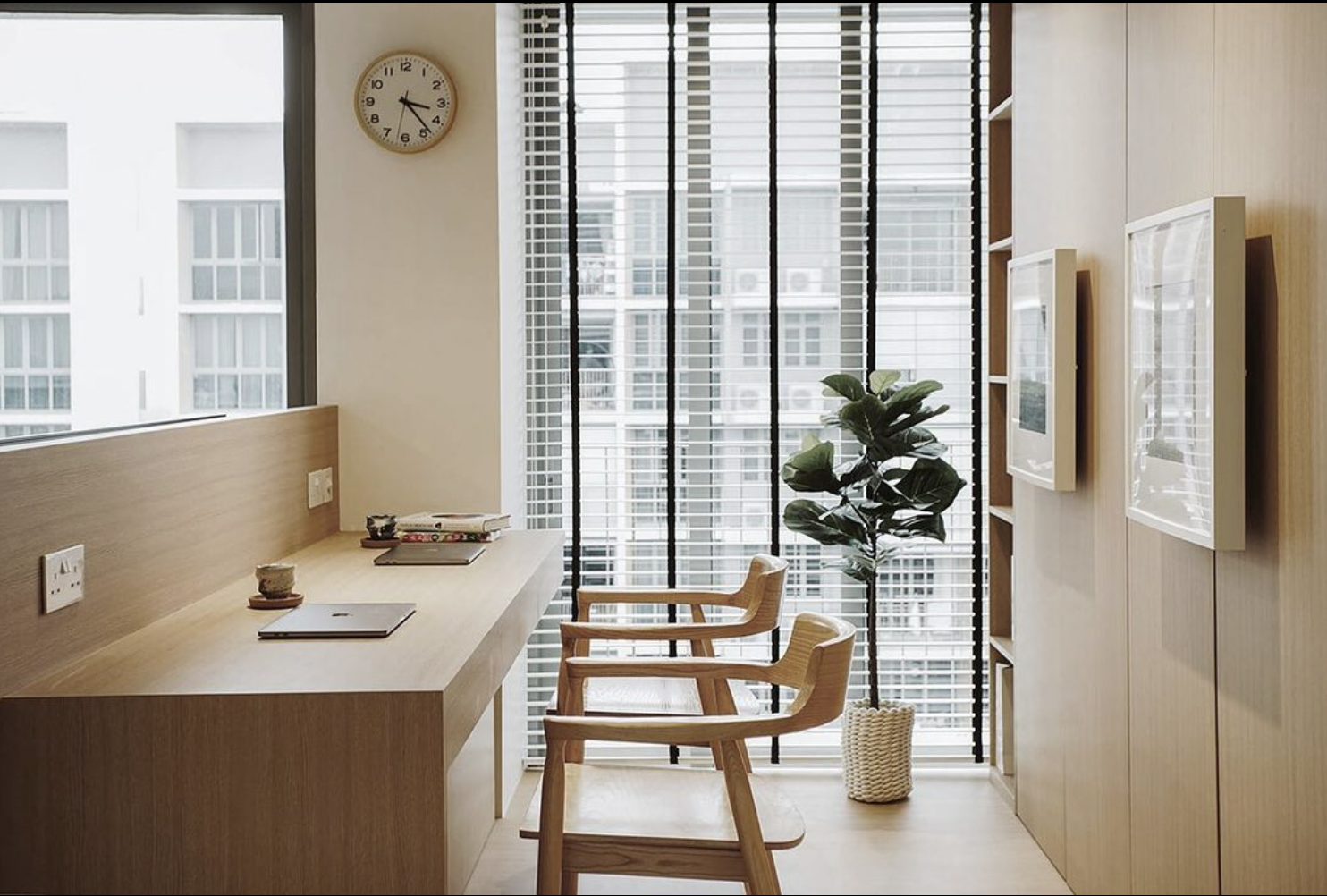A kitchen island is a great addition to any home if space allows. It provides extra workspace and storage in your kitchen, and it can also serve as a dining area, a bar, or a gathering spot. When it comes to choosing a countertop material for your kitchen island, there are several factors to consider, including durability, maintenance, style, and budget.
In this article, Sunnyside will take a closer look at some of the most popular countertop materials for kitchen islands, their pros and cons, and how to choose the right one for your needs.
1. Granite Countertops
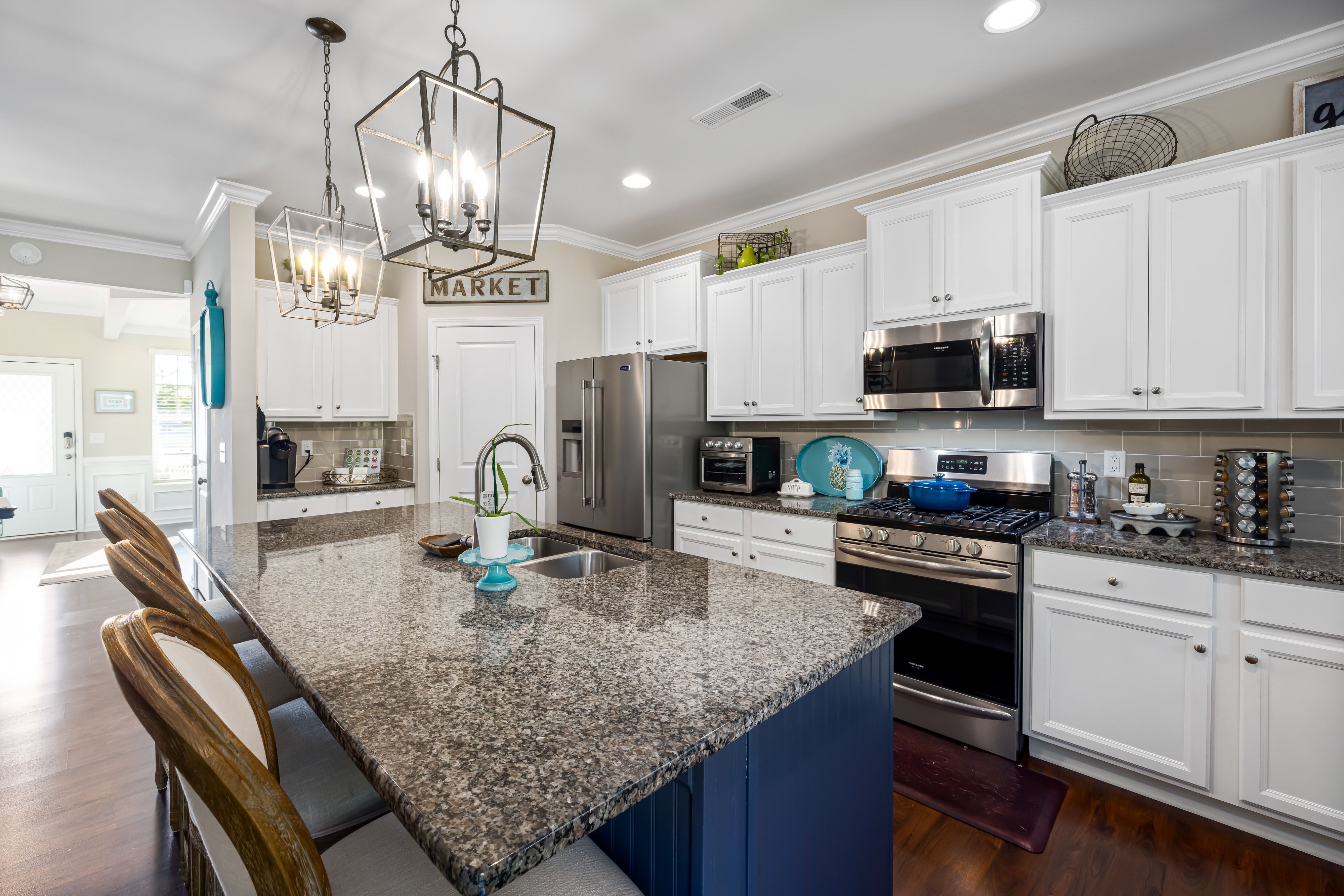
If you are looking for a high-end material for your countertops, granite is an excellent choice. It is a natural stone with unique patterns and colours, from light and neutral to dark and dramatic making it a popular option for both interior and exterior use.
However, before you decide to install a granite countertop for your island, it is important to understand the pros and cons of this material. Granite countertops are heat-resistant, scratch-resistant, and easy to clean, but they can be expensive depending on the colour and pattern you choose, as well as the location of the quarry. They also require regular sealing and cleaning up spills and stains immediately to prevent bacteria growth and result in permanent damage to the material.
2. Quartz Countertops
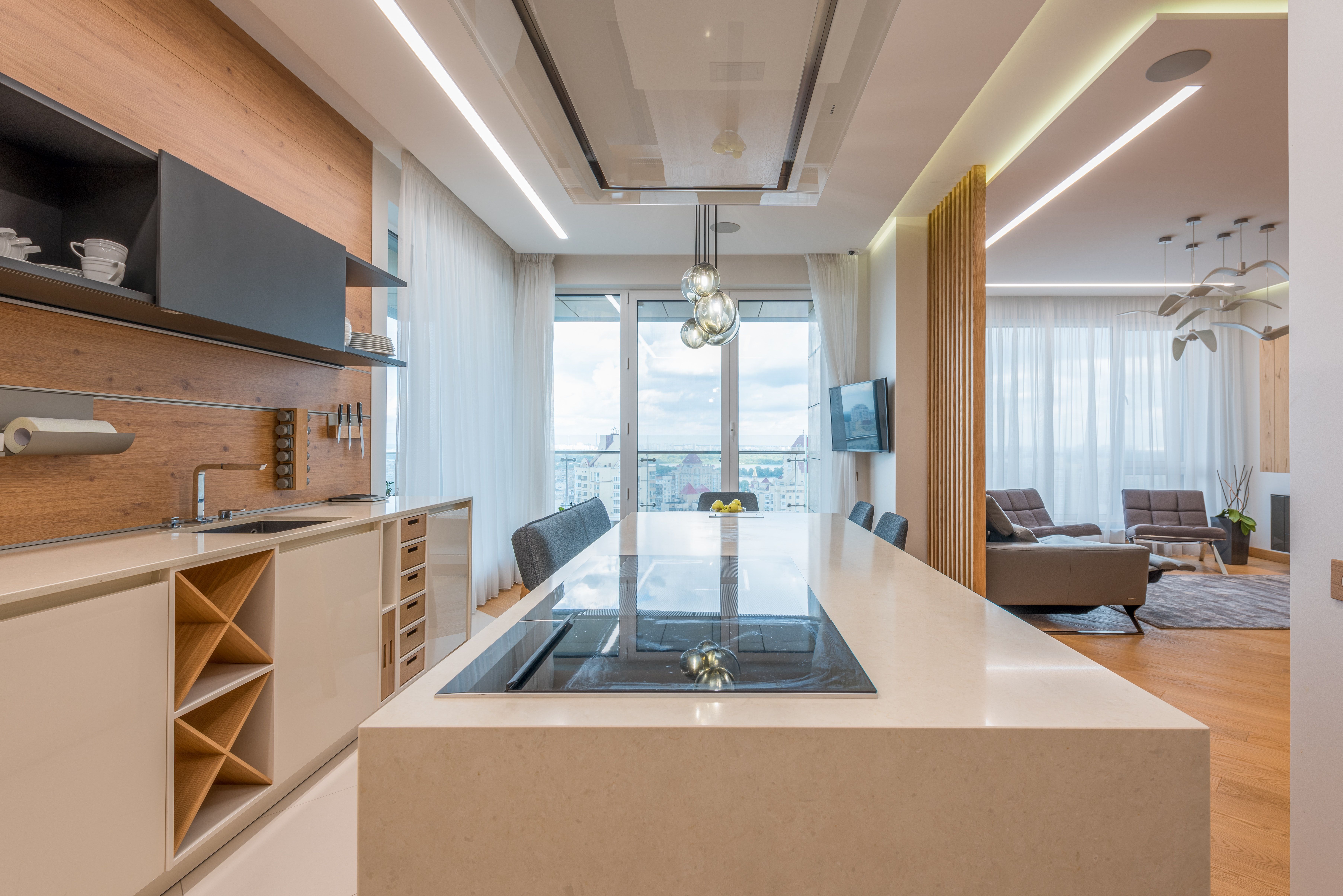
Quartz is a man-made material that's made of crushed stone and resin. It's available in a wide range of colours and patterns to mimic the look of natural stone like marble, from natural-looking to bold and colourful.
Quartz countertops are extremely durable, heat-resistant, scratch-resistant, stain-resistant and non-porous which do not require sealing, making them easy to clean and maintain. Quarts are relatively more affordable compared to marble. However, they may have an artificial appearance which does not add value to your home in the same way as natural stone.
3. Marble Countertops
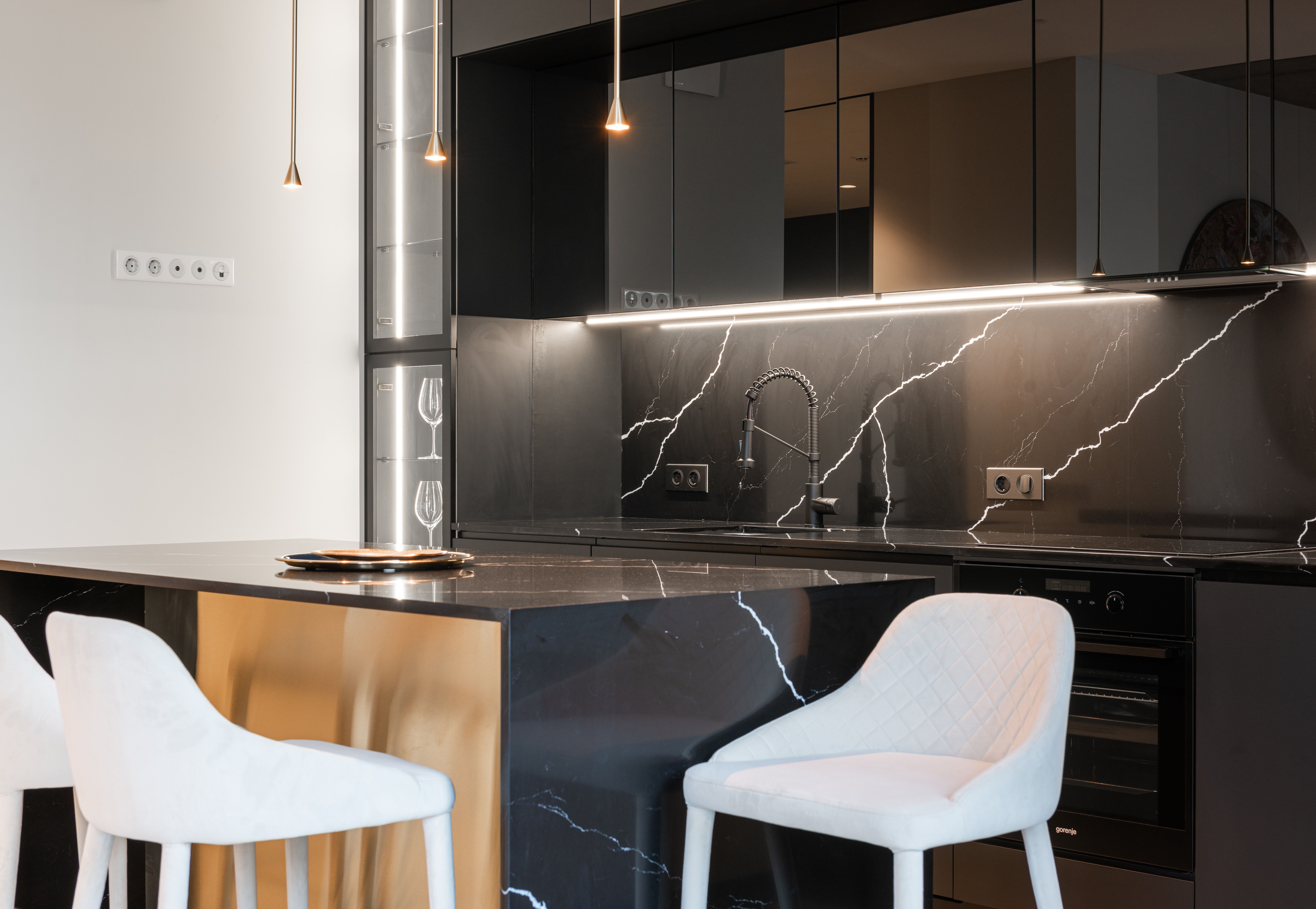
Marble is a natural stone that is formed when limestone is exposed to high heat and pressure. It is known for its elegance and luxury for upscale homes and high-end kitchens. It's available in a variety of colours and patterns, from white and grey to pink and green.
Marble countertops are beautiful and unique because each slab differs from another which increases the value of your home. They are heat-resistant and have a cooler temperature and natural feel. However, they can be easily scratched, chipped, or stained by acidic substances. They also require regular sealing and maintenance to prevent damage and discolouration which increases the cost of having a marble countertop in your kitchen.
4. Concrete Countertops
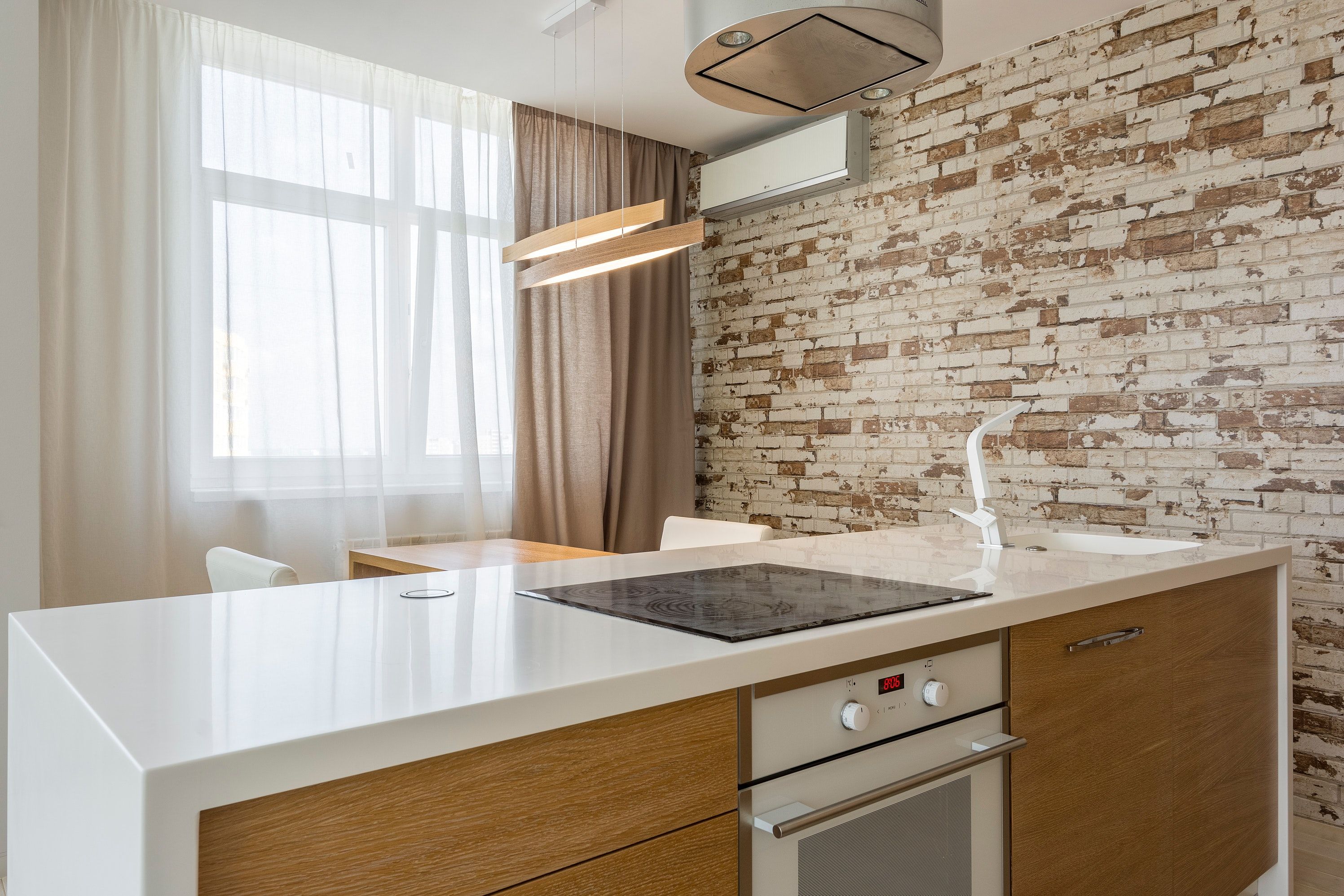
Concrete countertops have gained popularity over the years as a choice for kitchen island countertops. They are known for their affordability, uniqueness, and durability where they can be shaped and coloured to create a wide range of styles and finishes. However, just like any other material, they come with their pros and cons.
Concrete countertops are heat-resistant, scratch-resistant, easy to clean and affordable compared to many other materials, but they can be prone to cracking, staining, and chipping if not properly sealed and maintained. They're also heavy and may require extra support.
5. Butcher Block Countertops
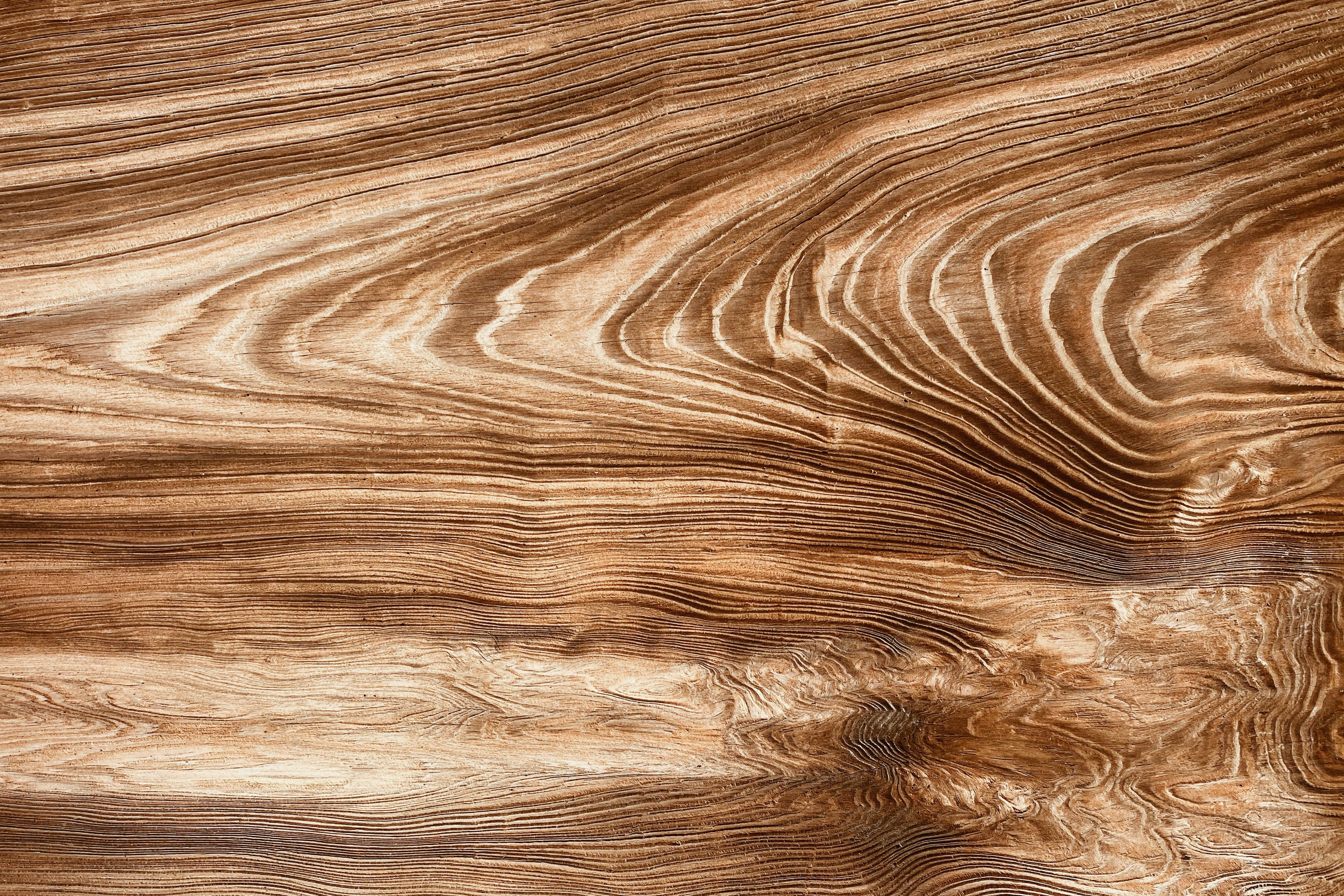
Butcher block countertops come with different patterns and thicknesses, offering a warm and inviting feel, ideal for rustic and farmhouse-style kitchens. These countertops are crafted from hardwood, providing a sturdy surface for chopping and food preparation. While butcher block countertops require regular oiling and can be susceptible to water damage, their unique appeal makes them a popular choice for kitchen islands.
When it comes to choosing the materials for your kitchen island countertop, it ultimately comes down to your personal preferences and needs. If you want a natural, luxurious look and are willing to put in the effort to maintain it, marble and granite may be the better option. If you prefer a durable, low-maintenance option that still looks great, quartz or concrete may be the better choice.
Whichever option you choose, all the above countertop materials can make a beautiful addition to your home! Here are some tips on how you can play with colours in your home interior to match your countertops.
We hope this article helps you find the best countertop material that best suits your kitchen according to your needs. Click here for more articles. Follow our socials Instagram and Facebook for bite-sized information. Subscribe to our YouTube channel, Sunny Morning Films for more interesting content.
